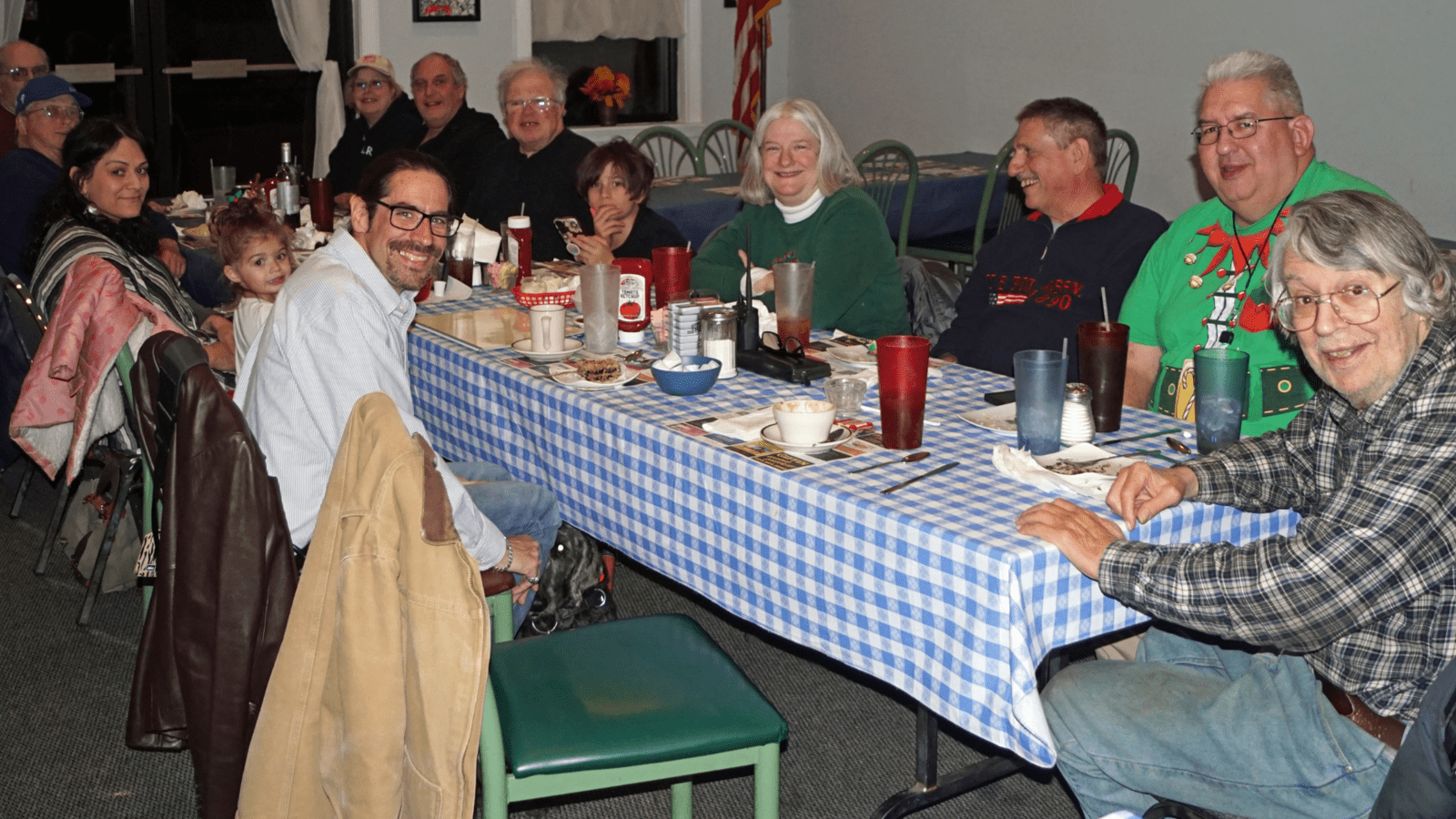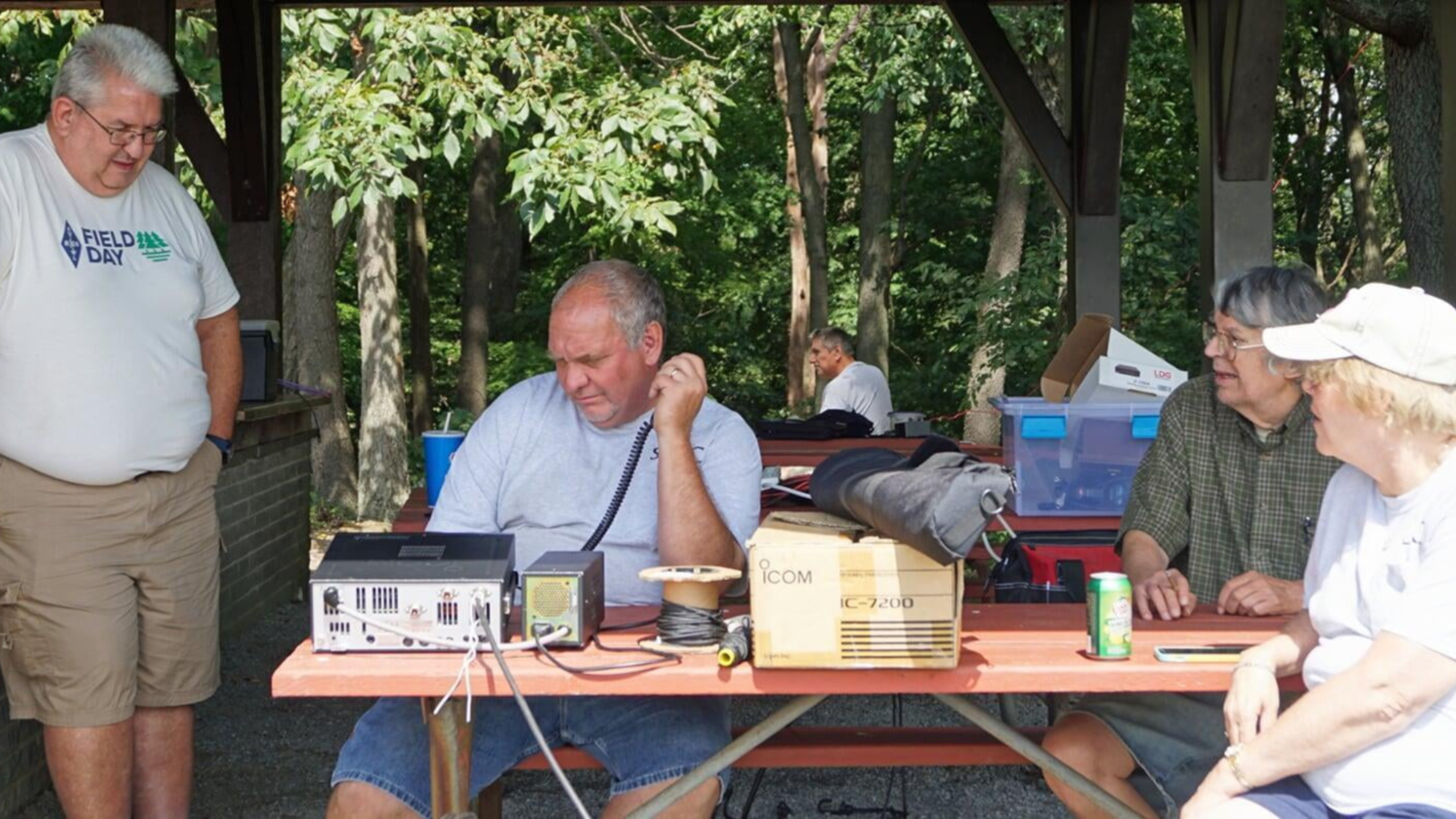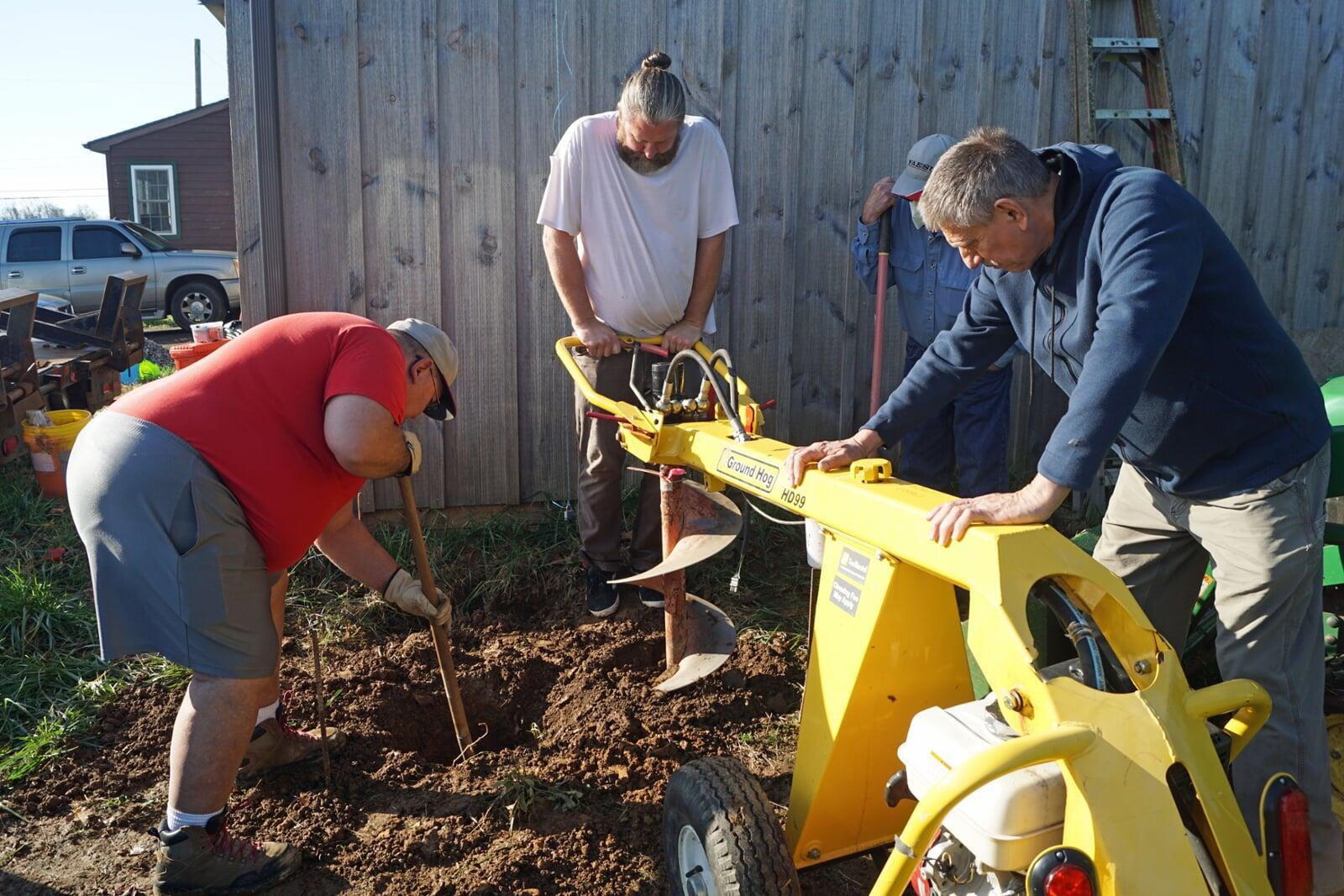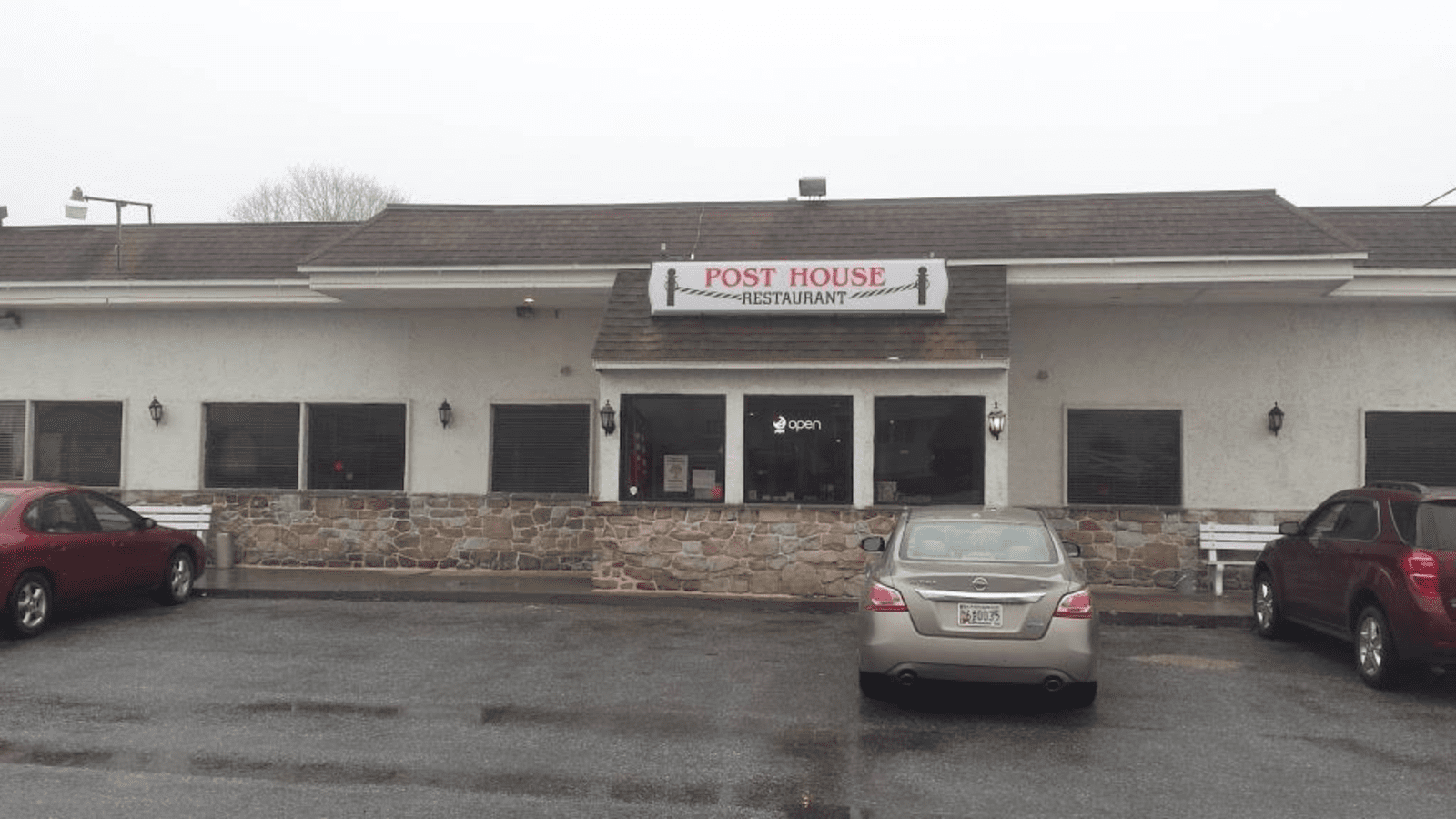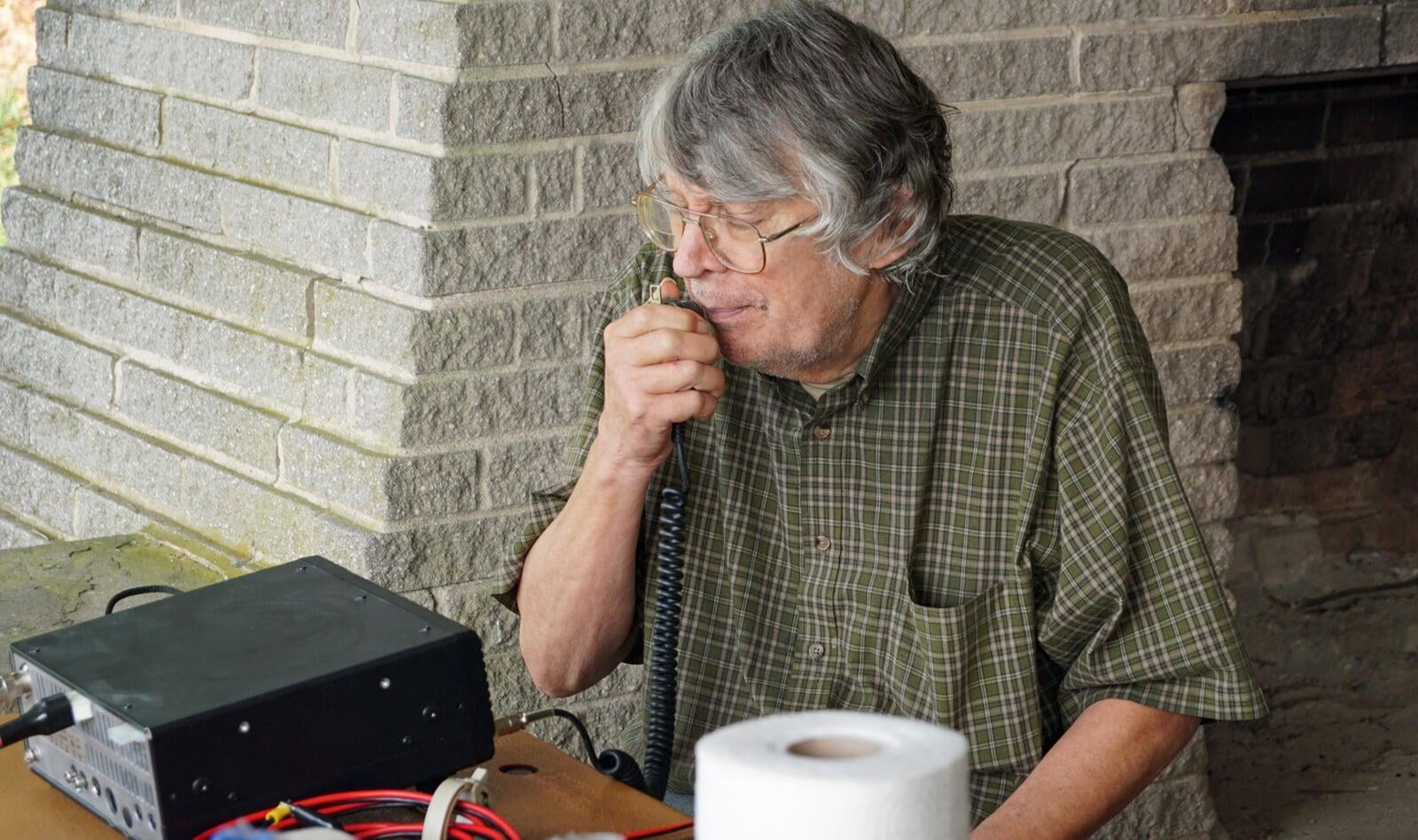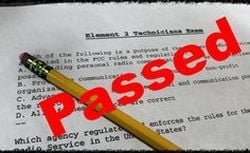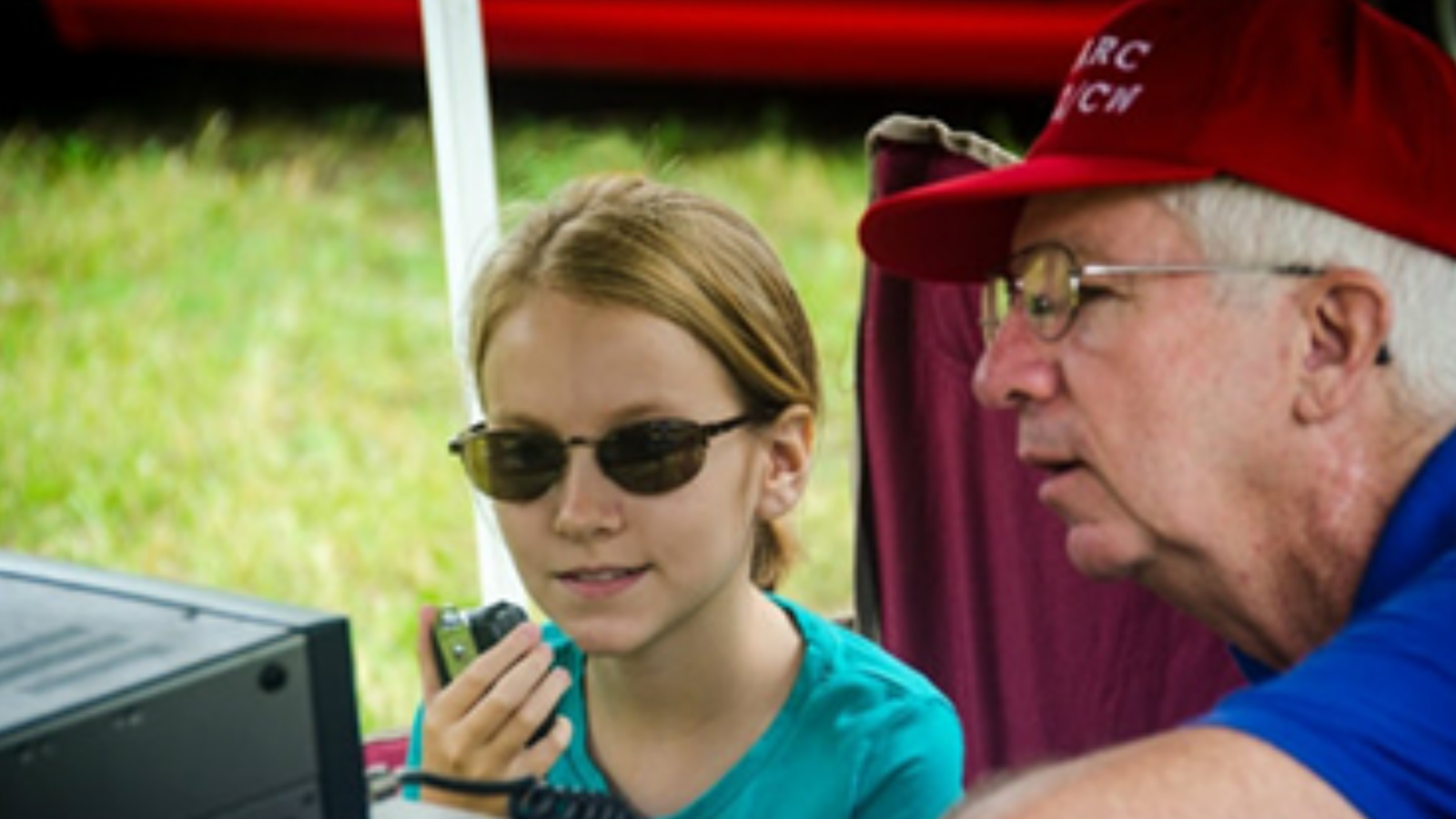About the State Line Radio Club
State Line Radio Club is a thriving community of ham radio enthusiasts. Our club is dedicated to fostering communication, learning, and camaraderie among amateur radio operators. We host workshops, social events, and participate in emergency communications. Whether you're a seasoned ham or just starting, our club offers mentorship, resources, and a welcoming environment. Join us to explore the fascinating world of ham radio, connect with like-minded individuals, and contribute to the community.
Why choose us?
Join State Line Radio Club for a vibrant community experience. Engage in hands-on workshops, exciting events, and emergency communication training. New to ham radio? We offer mentorship and access to top-notch equipment. Connect globally and give back to the community with us. Your place to belong! Join today.
N3SLC - Frequency: 145.250 PL: 114.8
The N3SLC Repeater, situated near Lancaster, PA, provides reliable communication coverage in the area. Its strategic location on a -foot tower, positioned approximately feet above sea level, ensures excellent signal propagation and reach. Operating on a frequency of 145.250 MHz with a negative offset, the repeater employs a PL tone of 114.8 Hz to filter out unwanted transmissions. This setup enables seamless and clear communication for amateur radio operators in the region. Whether you're engaging in local conversations, participating in nets, or connecting with operators beyond your vicinity, the N3SLC Repeater serves as a valuable resource for enhancing your ham radio experience.
Join Us for Our Monthly Meetings! 📅
State Line Radio Club warmly invites you to our monthly meetings, held on the third Saturday of every month at 9:00 am. We gather at the cozy Post House Restaurant in Nottingham, PA. Love a hearty breakfast? Come a bit earlier and enjoy a delicious meal before the meeting starts. We can't wait to see you there!
📍 Where: Post House Restaurant 2458 Baltimore Pike E, Nottingham, PA
⏰ When: Third Saturday of every month, 9:00 am (Come early for breakfast!)"
Weekly Club Info Net: Connect and Share
Join us for the State Line Radio Club Info Net, a weekly gathering of amateur radio enthusiasts! Every Friday night at 8:00 p.m., we come together on the 145.250 repeater to share information, discuss various topics, and simply enjoy the camaraderie of fellow hams. Whether you're a seasoned operator or new to the hobby, you're warmly welcome to participate. It's a fantastic opportunity to learn, contribute, and be part of a vibrant community. Don't miss out on the fun and the chance to make new friends in the ham radio world. See you on the airwaves!
Social Breakfasts
Join us for a delightful breakfast experience at the Post House in Nottingham every second Saturday of the month. Our gathering takes place at 0900 hrs in the cozy back conference room. Whether you're a regular attendee or new to the group, we extend a warm welcome to everyone. Start your weekend off right with good food, great company, and engaging conversations. Mark your calendars and join us for Breakfast at the Post House – a wonderful way to connect and enjoy the morning together.
Testing
Join us for our upcoming ham radio testing sessions in 2023. Mark your calendars for these important dates: February 4, April 1, June 3, August 5, October 7, and December 2. These sessions provide an opportunity to obtain or upgrade your ham radio license. In addition to our regular testing schedule, we have a special test session on June 24, during Field Day, at the Americal Legion in Rising Sun. Whether you're a beginner or looking to advance your license, our testing sessions offer a supportive environment and experienced examiners. Don't miss out on these valuable opportunities to further your ham radio journey.
Field Day
As I went on, still gaining velocity, the palpitation of night and day merged into one continuous greyness; the sky took on a wonderful deepness of blue, a splendid luminous color like that of early twilight; the jerking sun became a streak of fire, a brilliant arch, in space; the moon a fainter fluctuating band; and I could see nothing of the stars, save now and then a brighter circle flickering in the blue.
What is Ham Radio?
Ham radio, or amateur radio, is a hobby and service that allows licensed individuals to communicate using radio waves. It offers a wide range of activities, including voice communication, Morse code, digital modes, satellite communication, and experimentation with antennas and equipment. Ham radio operators can connect with people around the world, participate in contests, provide emergency communication support, and contribute to public service events. It's a diverse and dynamic community where enthusiasts share a passion for radio technology and exploration.
Do I need a license?
Is there a test?
Yes, there is a test to obtain a ham radio license. The test ensures that individuals have the necessary knowledge and understanding of radio theory, regulations, and operating procedures. The specific test format and content vary depending on the country and license class being pursued. Typically, the test covers topics such as electronics, radio wave propagation, station operation, FCC regulations (in the United States), and basic operating practices. The test is administered by volunteer examiners who are licensed hams themselves. By successfully passing the test, you demonstrate your competence and readiness to operate ham radio equipment legally and responsibly
So, I just got my license. Now what?
Congratulations on obtaining your Amateur Radio license! With your license in hand, you have officially joined the vibrant community of ham radio operators. Now that you have the privilege to transmit on the airwaves legally, you may be wondering what's next. Here are some exciting avenues you can explore as a licensed ham radio operator.
On-Air Activities: One of the primary benefits of having a license is the ability to communicate with fellow hams worldwide. Grab your radio equipment, set up an antenna, and start making contacts! Engage in casual conversations, participate in contests, or join nets—regularly scheduled on-air gatherings of hams discussing specific topics or providing assistance. Embrace the thrill of talking to operators from different countries, experiencing the joy of long-distance communication through your radio waves.
Experimentation and Building: Ham radio is synonymous with experimentation. As a licensed operator, you can dive into various aspects of the hobby, such as building your own equipment or antennas. Explore different modes of operation, like voice (SSB), Morse code (CW), digital modes, or even satellite communication. Experiment with different antennas, power levels, and operating techniques to optimize your setup and enhance your on-air experiences. The possibilities for technical exploration are virtually endless.
Emergency Communications: Amateur Radio plays a vital role in emergency communication. Consider joining Amateur Radio Emergency Service (ARES) or Radio Amateur Civil Emergency Service (RACES) groups in your area. These organizations provide communication support during emergencies or public events, helping authorities and the community stay connected when traditional communication systems may be disrupted. Contributing your skills and equipment to assist during times of crisis is a rewarding way to apply your license for the greater good.
DXing: If you have a taste for adventure and enjoy chasing distant stations, DXing (making long-distance contacts) may be your calling. Expand your horizons by making contact with operators from rare or remote locations. Pursue awards and certificates by confirming contacts with a certain number of countries, islands, or specific geographic regions. DXing opens up a world of exploration and can be an exhilarating pursuit for many ham radio enthusiasts.
Special Events and Field Days: Participate in special event stations that commemorate significant dates or events in history. These stations often have unique call signs and offer a chance to engage in commemorative activities alongside other operators worldwide. Additionally, many ham radio clubs organize Field Day events, where hams come together in outdoor settings to set up temporary stations, test their skills, and promote amateur radio. Field Days foster camaraderie and provide an excellent opportunity to learn from seasoned operators while having fun.
Continued Learning: Amateur Radio is a vast and ever-evolving hobby. Stay updated with advancements and changes in regulations, equipment, and operating procedures. Join local ham radio clubs or organizations like the American Radio Relay League (ARRL) to access educational resources, attend workshops, and connect with fellow hams in your area. Consider pursuing higher license classes to expand your operating privileges and deepen your knowledge further.
Remember, ham radio is about fostering connections, sharing knowledge, and exploring the world of radio communication. Embrace the spirit of experimentation, continuous learning, and community involvement. As a licensed ham radio operator, the world of amateur radio is yours to explore and enjoy.
So, get on the air, make new friends, learn, and have fun while discovering the wonders of ham radio. The possibilities are vast, and the journey has just begun. Enjoy your adventures as a licensed ham radio operator!
Where can I learn more?
To dive deeper into the fascinating realm of ham radio, there are several avenues you can explore. One of the best places to start is online, where numerous websites, forums, and online communities are dedicated to the amateur radio community. These platforms offer a wealth of information, resources, and discussions about various aspects of the hobby. Some popular ham radio study sites include the American Radio Relay League (ARRL), which provides a wealth of educational materials and resources
Is there a testing fee?
No Morse Code
In the past, Morse code proficiency was a requirement to obtain a ham radio license. However, this is no longer the case. The Federal Communications Commission (FCC) eliminated the Morse code requirement in 2007, making the world of ham radio more accessible than ever before. This change has opened up the hobby to a much wider audience. Now, anyone with an interest in radio communication, regardless of their Morse code knowledge, can explore this fascinating field. This has led to a significant increase in the number of licensed operators, further enriching the ham radio community.
Did you know?
780,000
Hams in US
5 yrs
Youngest Ham
109 yrs
Oldest Ham

